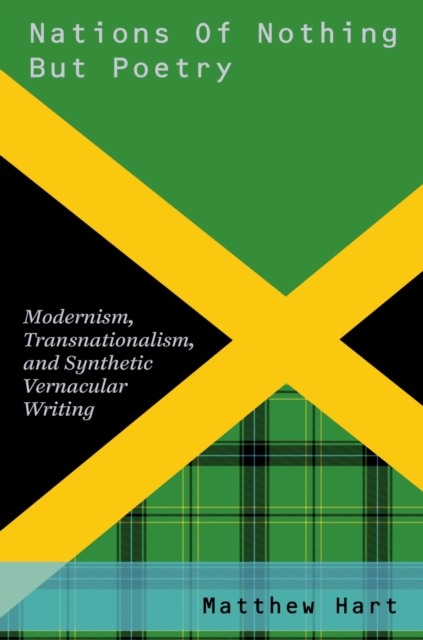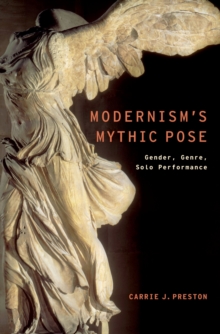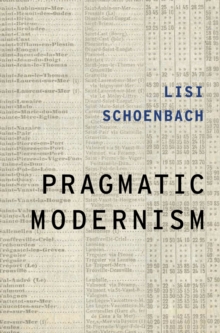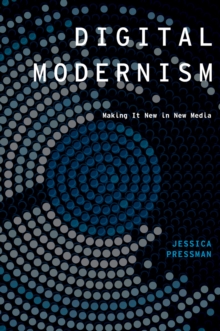
Nations of Nothing But Poetry : Modernism, Transnationalism, and Synthetic Vernacular Writing PDF
by Matthew Hart
Part of the Modernist Literature and Culture series
Description
Modernism is typically associated with novelty and urbanity. So what happens when poets identify small communities and local languages with the spirit of transnational modernity? Are vernacular poetries inherently provincial or implicitly xenophobic? How did modernist poets use vernacular language to re-imagine the relations between people, their languages, and the communities in which they live?Nations of Nothing But Poetry answers these questions through case studies of British, Caribbean, and American poetries from the 1920s through the 1990s. With a combination of fresh insights and attentive close readings, Matthew Hart presents a new theory of a "synthetic vernacular"-writing that explores the aesthetic and ideological tensions within modernism's dual commitments to the local and the global. The result is an invigorating contribution to the field of transnational modernist studies. Chapters focus on a mixture of canonical and non-canonical writers, combining new literary histories--such as the story of how Melvin B. Tolson, while a resident of Oklahoma, was appointed Poet Laureate of Liberia--with analyses of poems by Gertrude Stein, W. H. Auden, Ezra Pound, and T. S. Eliot. More broadly, the book reveals how the language of modernist poetry was shaped by the incompletely globalized nature of a world in which the nation-state continued to be a primary mediator of cultural and political identity, even as its authority was challenged as never before. Through deft juxtaposition, Hart develops a new interpretation of modernist poetry in English-one that disrupts the critical opposition between nationalism and the transnational, paving the way for a political history of modernist cosmopolitanism.
Information
-
Download - Immediately Available
- Format:PDF
- Publisher:Oxford University Press
- Publication Date:22/04/2010
- Category:
- ISBN:9780199741618
Other Formats
- EPUB from £22.30
Information
-
Download - Immediately Available
- Format:PDF
- Publisher:Oxford University Press
- Publication Date:22/04/2010
- Category:
- ISBN:9780199741618










